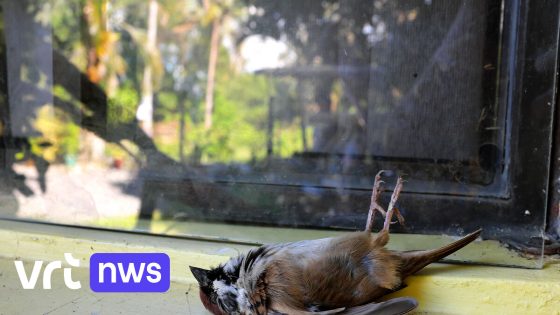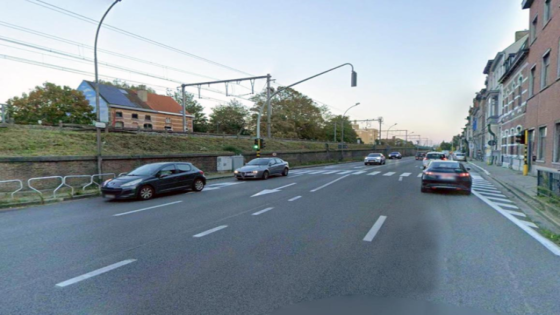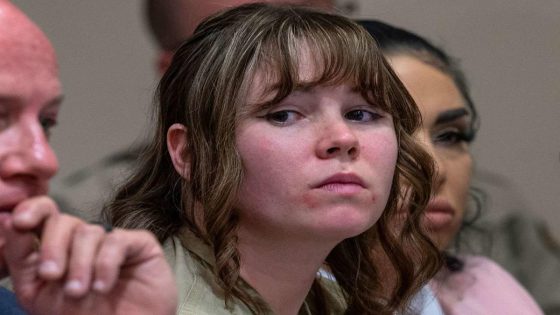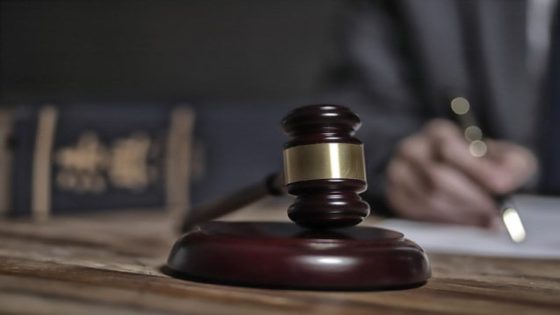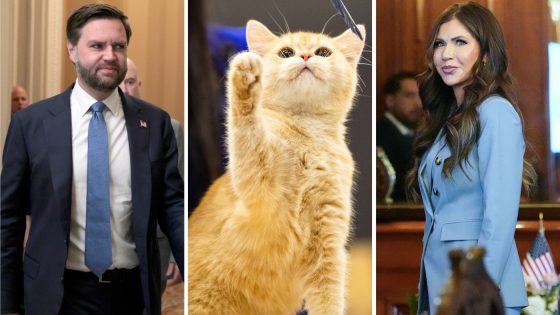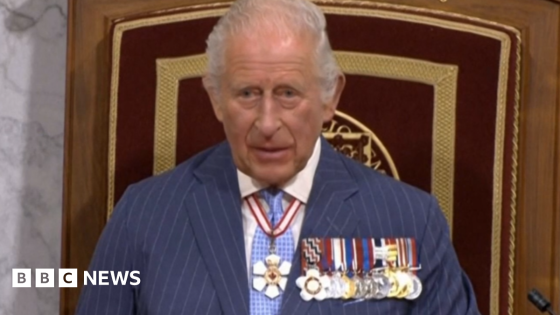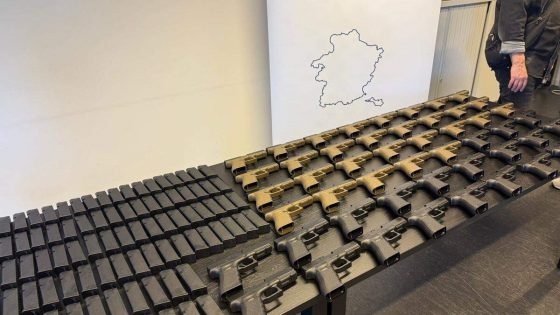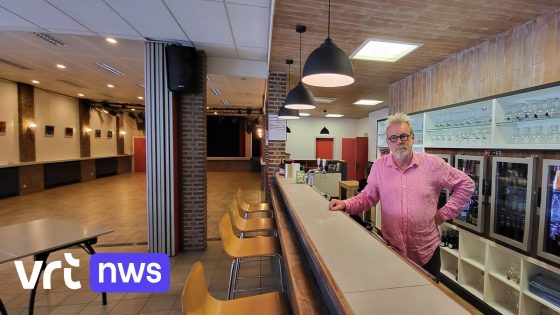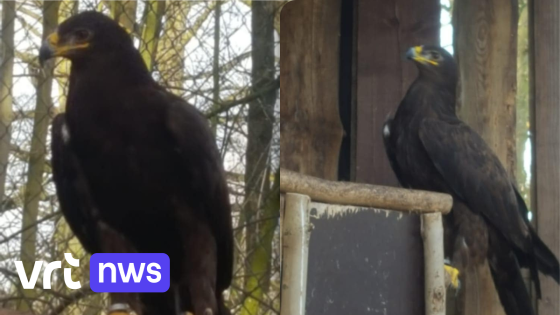Bird collisions with glass windows remain a serious threat to wildlife in Belgium, with thousands of birds injured or killed each year. Birds often fail to recognize glass as a barrier, mistaking reflections of trees, sky, or clouds for open space. On 2025-06-03 19:08:00, a new campaign was launched to address this issue in Flanders, aiming to reduce these dangerous accidents.
- Vogels herkennen glas vaak niet als obstakel
- Raamreflecties veroorzaken veel vogelbotsingen
- Birdpen doorbreekt reflecties, voorkomt botsingen
- Birdpen behandelt 10 m² raamoppervlak
- Campagne test birdpen impact op vogelsterfte
- Publiek kan birdpen voor 10 euro bestellen
The campaign introduces the birdpen, an innovative and affordable tool designed to make windows visible to birds without disturbing human views. By drawing subtle patterns on glass, the birdpen breaks up reflections that confuse birds, helping prevent collisions. But how effective can a simple pen really be in saving bird lives?
With over 20,000 injured birds reported in Flanders between 2014 and 2024, the birdpen offers a promising solution. The campaign encourages residents to participate in a group purchase, making the pen available for just 10 euros until 7 July. After testing, users can share their experiences to help gauge the birdpen’s impact.
Can a simple drawing tool really change bird safety across Belgium? The birdpen’s potential lies in its user-friendly design and local community involvement. Key points include:
- Birds don’t see glass as a barrier due to reflections, causing frequent collisions.
- The birdpen’s patterns are visible to birds but nearly invisible to humans.
- Each pen treats about 10 square meters of window surface and is washable.
- Widespread testing will provide valuable data on reducing bird fatalities.
As the campaign unfolds, Belgian residents have a unique chance to contribute to bird conservation. Will you join the effort and help save birds by trying the birdpen before 7 July? Together, small actions can lead to big changes for wildlife safety.



